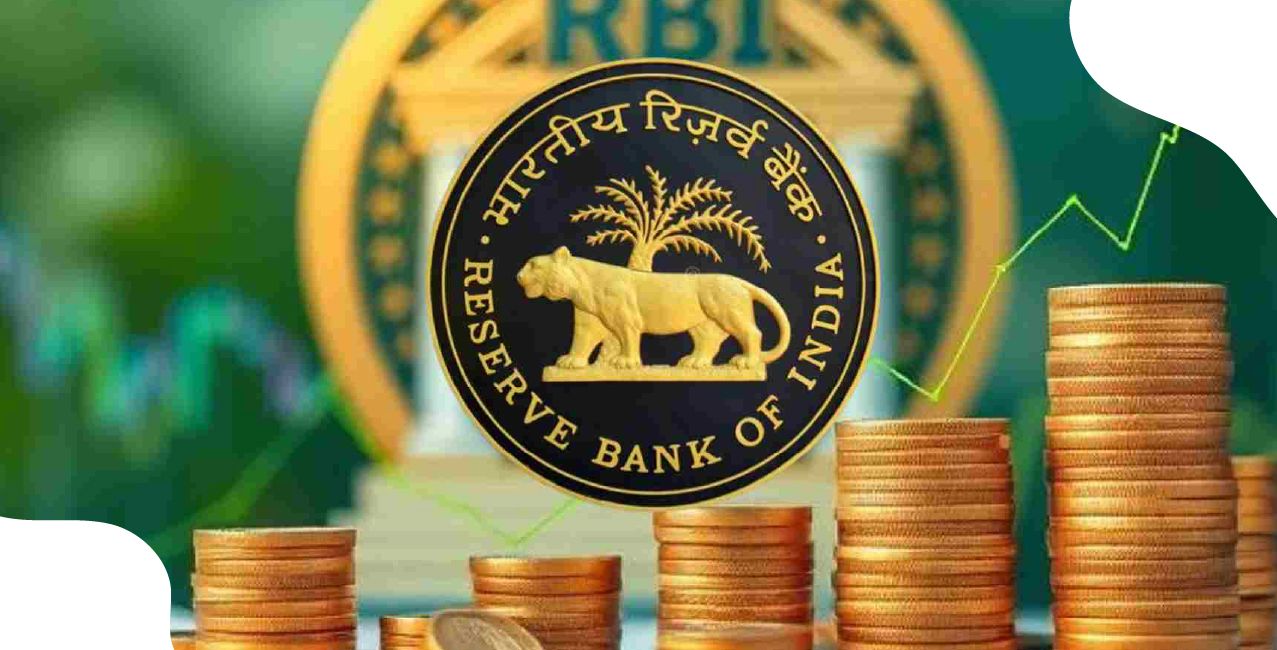Indian Household Consumption to Release ₹2 Lakh Crore in Economy after Revised CSGT Rates

Check Your Loan Eligibility Now
By continuing, you agree to LoansJagat's Credit Report Terms of Use, Terms and Conditions, Privacy Policy, and authorize contact via Call, SMS, Email, or WhatsApp
A reform in tax slabs brings fresh relief to households and clarity to businesses as the Centre moves towards simpler goods and services tax
How much difference does a small change in tax rates make in daily life? That question is now being answered after the Revised CGST rates notification by the finance minister was issued on 17 September 2025. The official order, Notification No. 9/2025-Central Tax (Rate), released by the Central Board of Indirect Taxes and Customs (CBIC), stated that the new rates would take effect from 22 September 2025.
According to the Finance Ministry report shared that week, the revision is expected to release nearly ₹2 lakh crore into the economy through higher consumption and smoother compliance.
Latest Updates On CGST Rate Revision 2025
The Finance ministry announcement on revised GST rates has rationalised the old four-slab system of 5, 12, 18 and 28 percent. The new structure holds two main slabs: 5 percent for essential goods and 18 percent as the standard slab. Only a limited set of sin and luxury items will continue under higher rates such as 28 percent or above.
As per the report, around 99 percent of items earlier taxed at 12 percent are now shifted to 5 percent, while 90 percent of items from the 28 percent bracket are moved into 18 percent. This change is not only expected to make tax compliance easier but also give households more breathing room.
The move is aimed at improving clarity for traders and accountants. A simpler slab also means fewer disputes during classification of goods.
What Tax Slabs Mean and Why Are They Changing?
A tax slab is the range of goods grouped under one rate of tax. In indirect taxes, rationalisation means reducing the number of slabs and correcting mismatched duties. For instance, an inverted duty arises when raw materials attract higher tax than the finished goods.
The changes in central goods and services tax rates are designed to correct such imbalances. With more goods placed into lower or standard slabs, businesses can manage pricing with less confusion. Consumers may gradually see reduced costs as tax savings flow through supply chains.
Distribution Of Goods Between Slabs
Officials noted that states are expected to notify their corresponding SGST and UTGST schedules to align with the central order. This will ensure uniformity across the country.
Linking To Past Coverage On GST
The new order connects with earlier calls for simpler GST rates. For example, LoansJagat published “Pay Just 5% Tax on 99% Goods; No More 12% GST, Announces FM Sitharaman” which explains how most goods under 12 percent GST have now moved to 5 percent, starting 22 September 2025.
That earlier article shows how families, farmers and businesses were expecting relief. The September 2025 reforms go further than those older calls, they do more than reduce rates in a few categories. This notification changes the slab structure itself. It affects almost every industry and touches everything people buy.
This clear supersession means that the rules first issued in 2017 have been officially retired, with the new order serving as the binding reference.
Comparing Government And Bank Responses In Past
Reforms of this scale always invite comparison with earlier moves. When GST was first introduced in 2017, trade bodies raised concerns about compliance load and the need for frequent returns. When the Reserve Bank of India directed banks in 2024 to ensure supply of ₹100 and ₹200 notes, lenders acted swiftly to improve cash access in markets.
This time, the Finance Ministry is taking a more phased approach. The government has issued clarifications through fresh FAQs on 17 September 2025, covering exemptions and cess rules.
The Ministry of Heavy Industries also reported in September 2025 that automobiles, auto components, and MSMEs will benefit from rationalised rates, especially where vehicles shift to lower slabs.
This spread of impact shows that the revised slabs are not limited to a single sector. They influence both essential and discretionary consumption.
Conclusion
The revised CGST rates notification by the finance minister has changed how tax will be calculated on goods and services from 22 September 2025.
The latest order cuts down the number of slabs, brings most goods under 5 percent or 18 percent, and keeps only a small list under higher tax. The government expects this step to free almost ₹2 lakh crore in the economy by encouraging consumption.
The latest updates on CGST rate revision 2025 are not just about numbers. They represent a conscious attempt to make tax policy clearer and more predictable. As businesses shift to new compliance formats and consumers adjust to new price tags, this reform may be remembered as the second big turning point after the launch of GST in 2017.
About the author

LoansJagat Team
Contributor‘Simplify Finance for Everyone.’ This is the common goal of our team, as we try to explain any topic with relatable examples. From personal to business finance, managing EMIs to becoming debt-free, we do extensive research on each and every parameter, so you don’t have to. Scroll up and have a look at what 15+ years of experience in the BFSI sector looks like.
Subscribe Now
Related Blog Post

Home Loan Interest Rates 2025 Deliver Major EMI Relief, Will Borrowers See More Gains In 2026?

Will the Indian Rupee Stabilise in 2026 After a Volatile 2025?

RBI Draft Rules Target Surprise Costs in Overseas Payments
Recent Blogs
All Topics
Contents
Quick Apply Loan
Consolidate your debts into one easy EMI.
Takes less than 2 minutes. No paperwork.
10 Lakhs+
Trusted Customers
2000 Cr+
Loans Disbursed
4.7/5
Google Reviews
20+
Banks & NBFCs Offers
Other services mentioned in this article
.png)
.png)
.png)
.png)
.png)
.png)